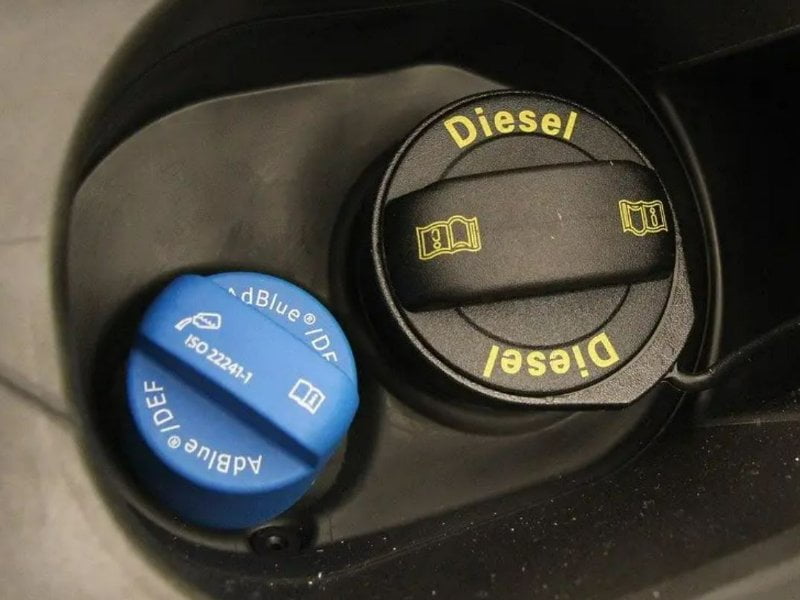A $29 million government subsidy has helped Australian firm Incitec Pivot increase its domestic production of a critical diesel exhaust fluid eight-fold in a month, as a global shortage threatened to grind the transport industry to a halt.
But the domestic production remains a temporary fix, with Incitec Pivot still intending to close its AdBlue plant by the end of the year, and the federal government focusing on international supplies in the long-term.
On Tuesday, the company and Industry minister Angus Taylor released announcements celebrating Incitec Pivot distributing three million litres of AdBlue in the last week. The emissions reduction fluid is needed to keep diesel engines within legal limits.

A global shortage of key ingredient urea led to a scarcity of AdBlue before Christmas, leading to price gouging and warnings from the transport industry it would be forced to take vehicles of the road within months.
The federal government’s response was to assemble and AdBlue taskforce led by the former chief executive of Incitec Pivot James Fazzino, and to make representations to more countries for new supply of urea.
Subsequently, the government gave Incitec Pivot a $29.4 million grant to ramp up its local production or urea and AdBlue, and paid consulting firm McKinsey $10,000 a day to analyse supply chains.
The grant allowed the company, which is the only domestic producer of AdBlue from urea melt, to increase production of AdBlue using its existing methods at its Brisbane plant, with the company working around the clock over the holidays to stabilise domestic supply, according to Incitec Pivot chief executive Jeanne Johns.
“We are pleased to have reached the milestone of producing and distributing just over three million litres of AdBlue in the seven days ending on Sunday January 23, a massive 800 per cent increase compared to the amount we were producing in early December,” Ms Johns said.
If supplies stabilise, the company said it plans to complete an assessment on producing technical grade urea as well. The granulated form of urea can be distributed Australian AdBlue blenders to manufacture liquid AdBlue.
However, the company has announced plans to shut the plant by the end of the year because it is unable to access an affordable gas supply, while the government will focus on securing more international supplies.
Industry minister Angus Taylor said the three million litres produced by Incitec Pivot in the last week represents around 75 per cent of Australia’s AdBlue needs.
Other manufacturers of AdBlue are receiving assistance through the government’s diplomatic work to secure new international supplies and expedite customs and shipping, according to the minister.
He said some sites are still stocked-out but are being progressively replenished as new AdBlue reaches the market.
“While Australia currently has sufficient volumes of AdBlue to meet its needs, this local production will help restore normal national stock levels…To ensure stocks can be replenished across the country, I continue to encourage industry to purchase stocks only when needed and at normal levels,” Mr Taylor said.
The government is also assisting Incitec Pivot with its plan to produce technical grade urea (TGU) with an additive sourced from Germany, the statement said.
Long-term, the government is focused on assisting manufacturers and suppliers “to secure international supplies of TGU and AdBlue, and assist with shipping and customs entry into Australia”.
Do you know more? Contact James Riley via Email.

